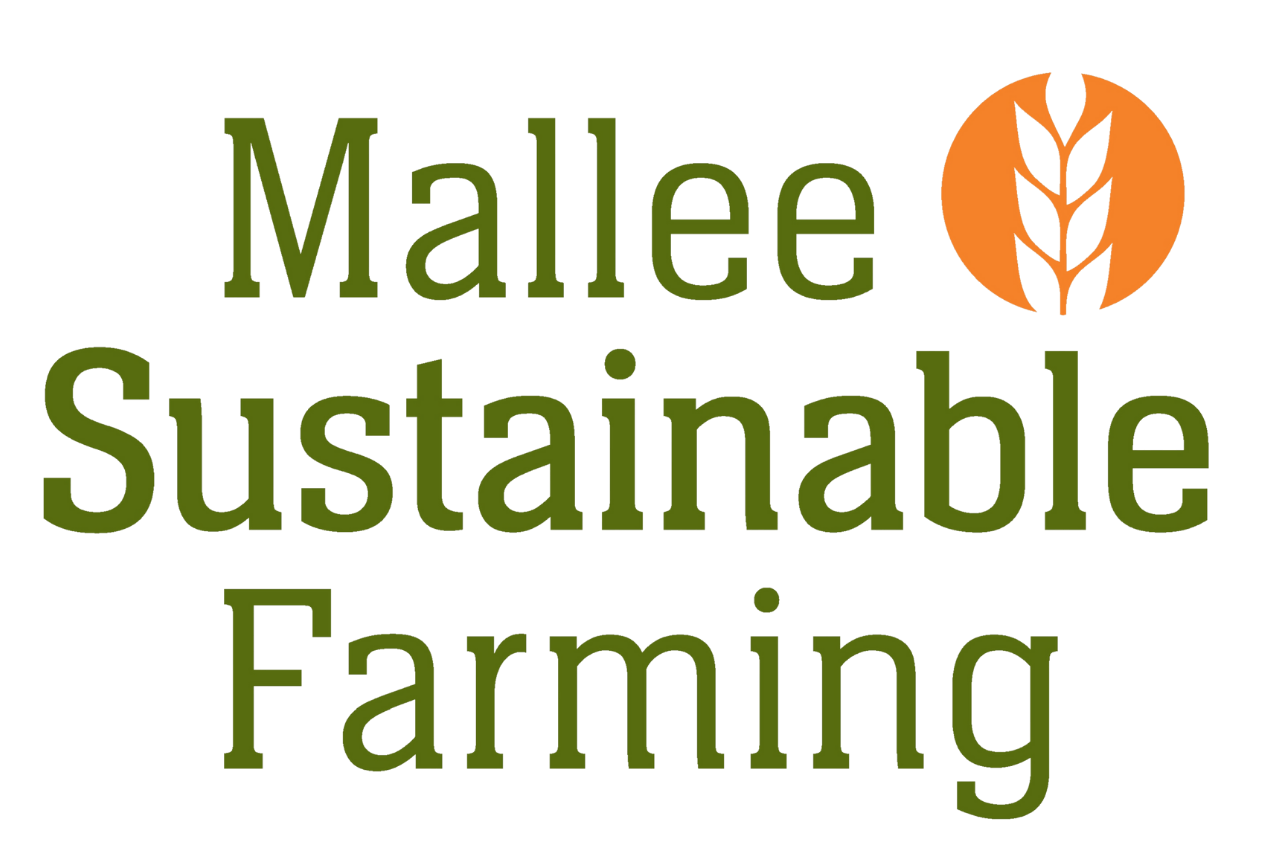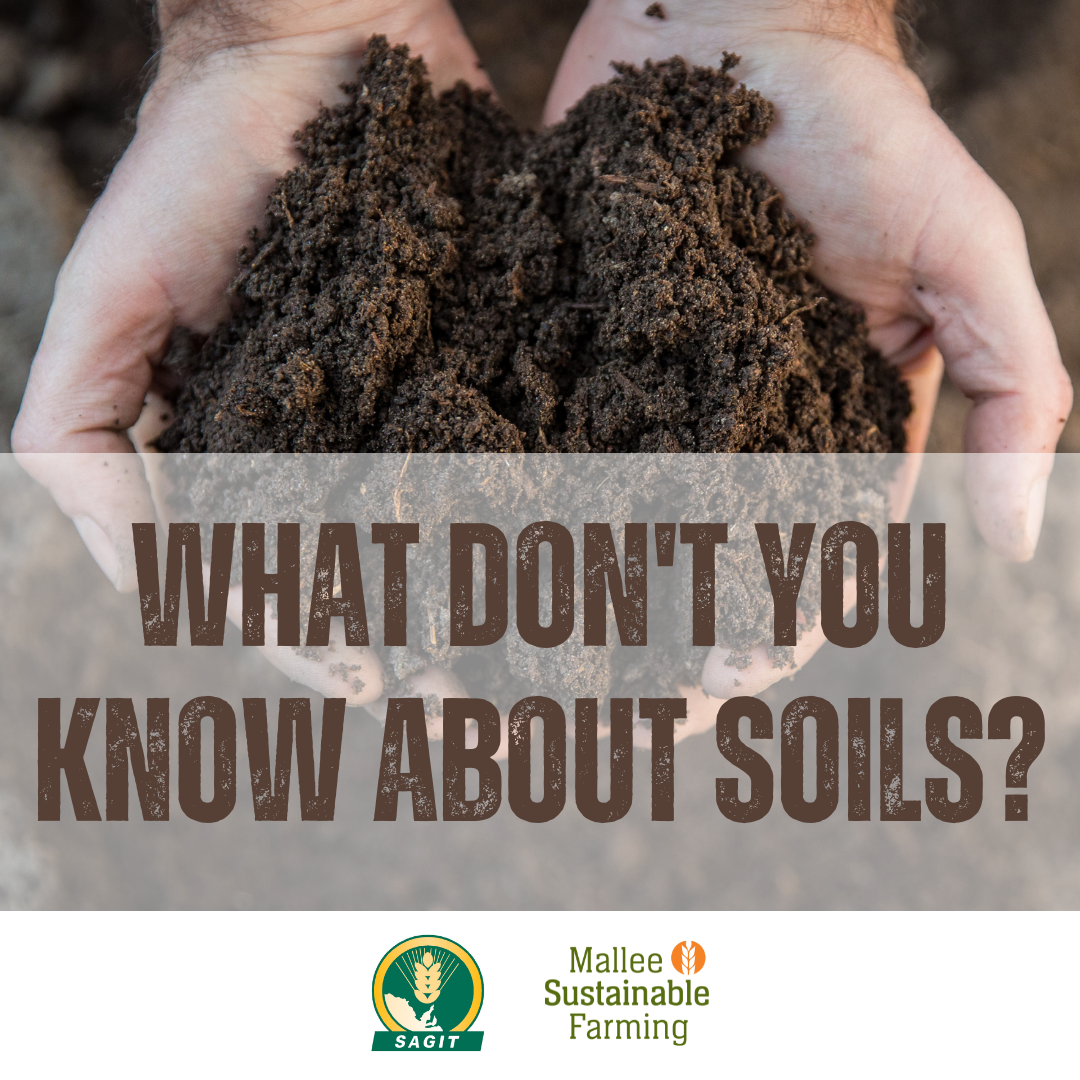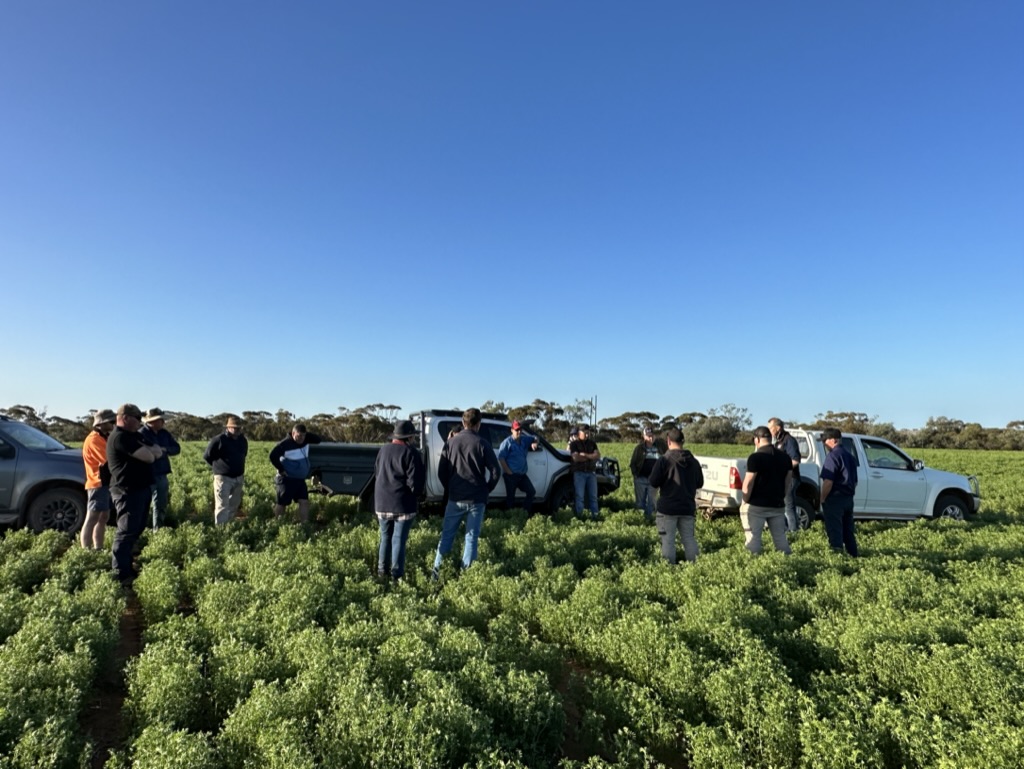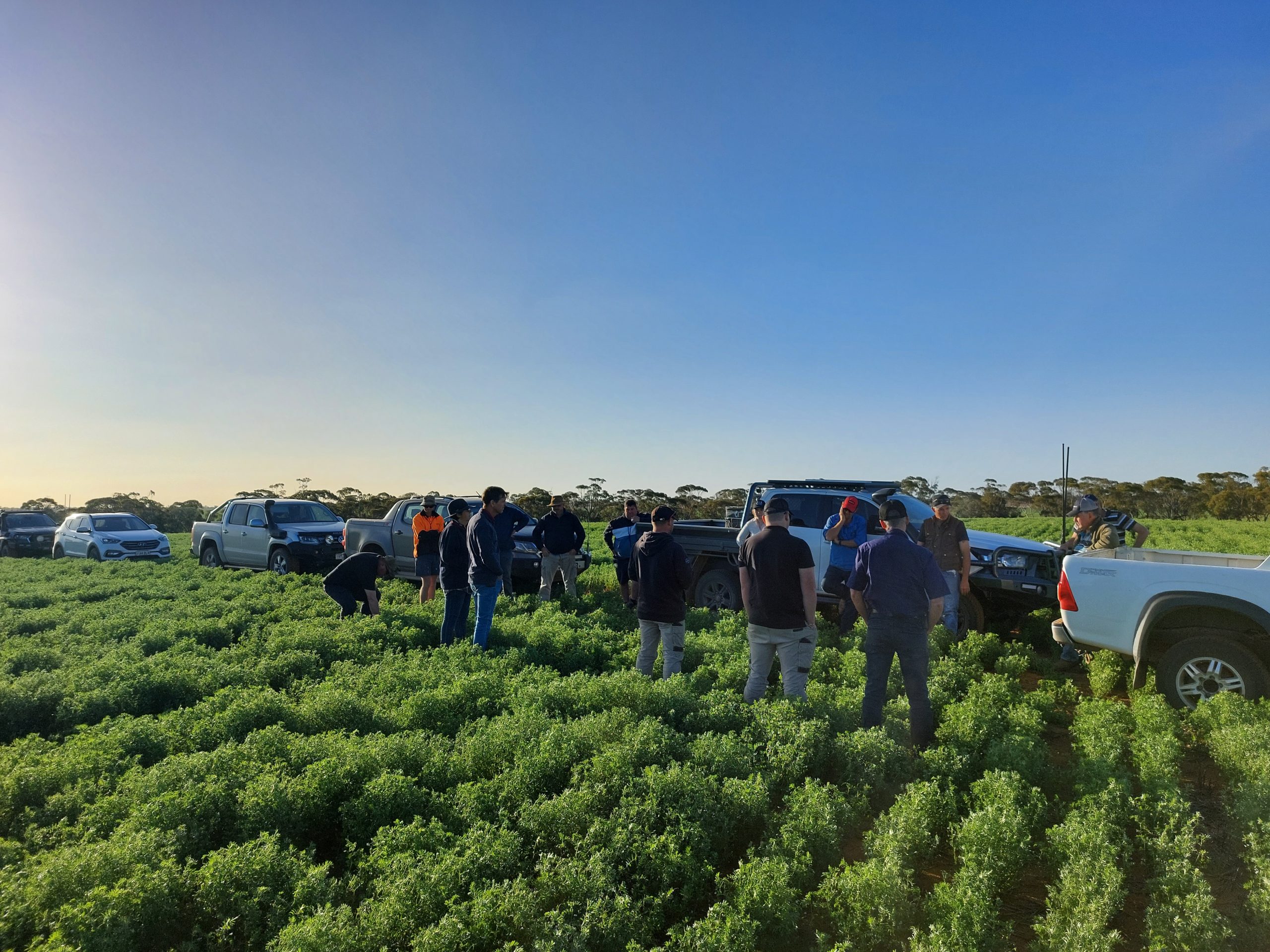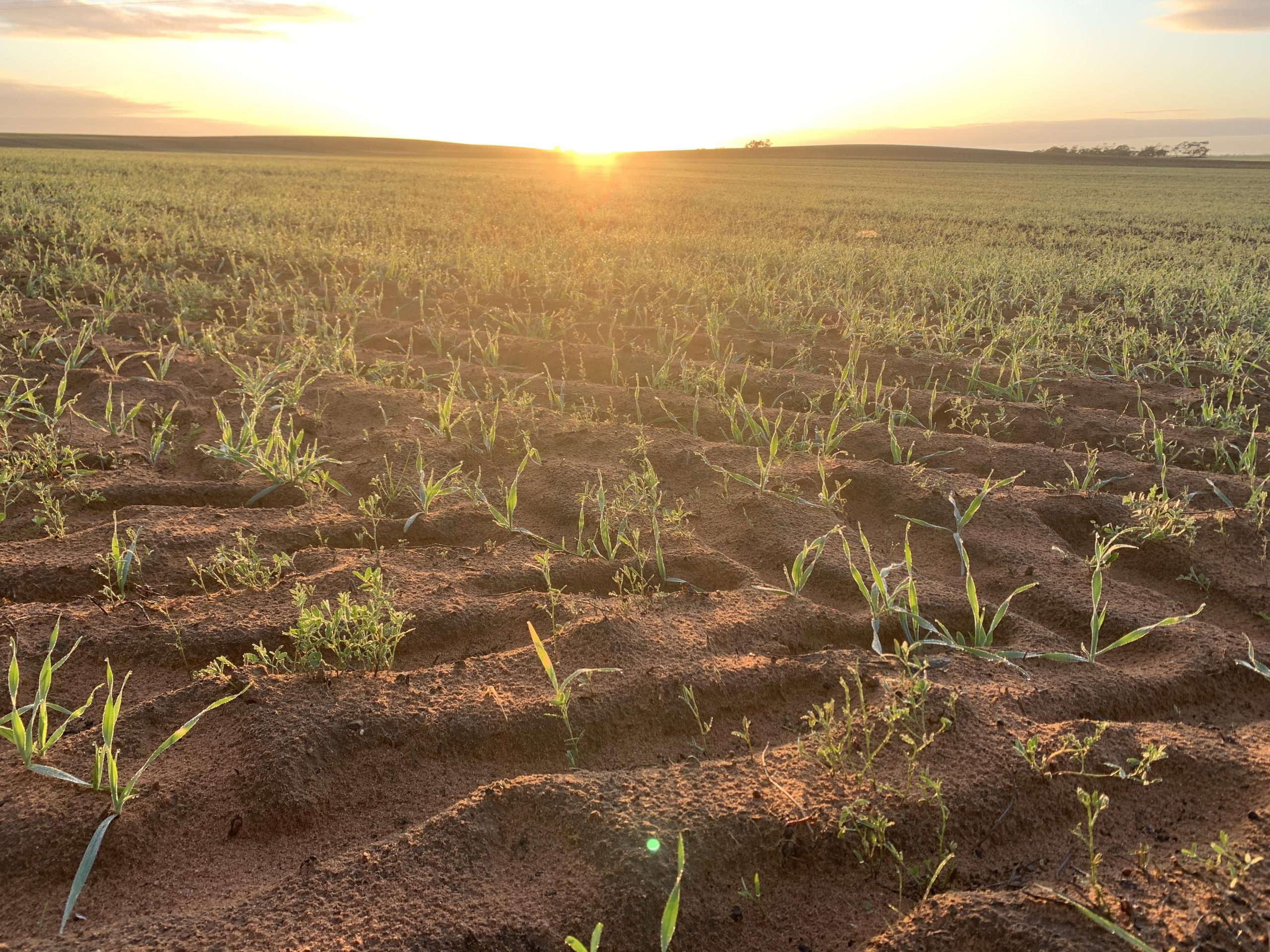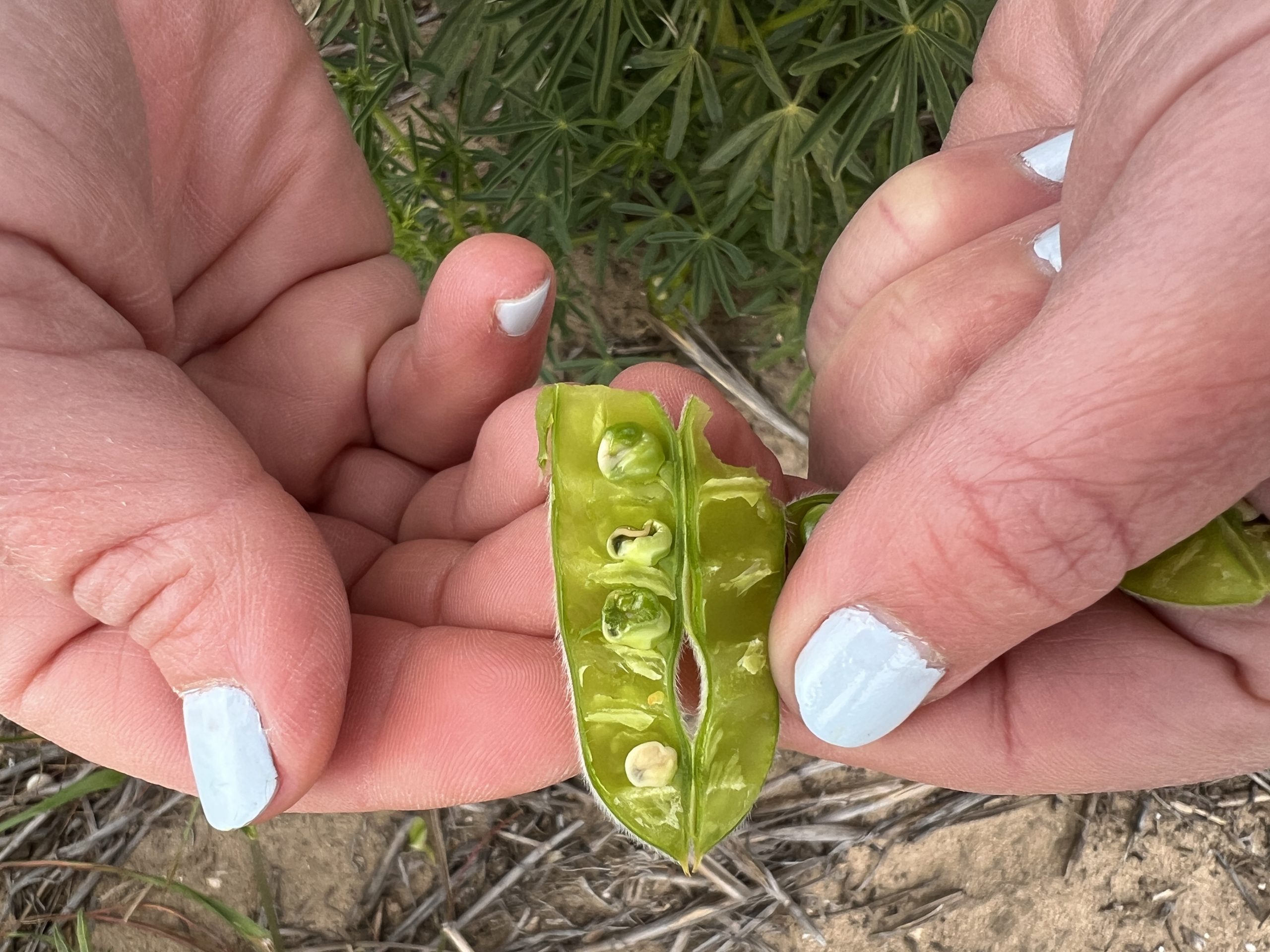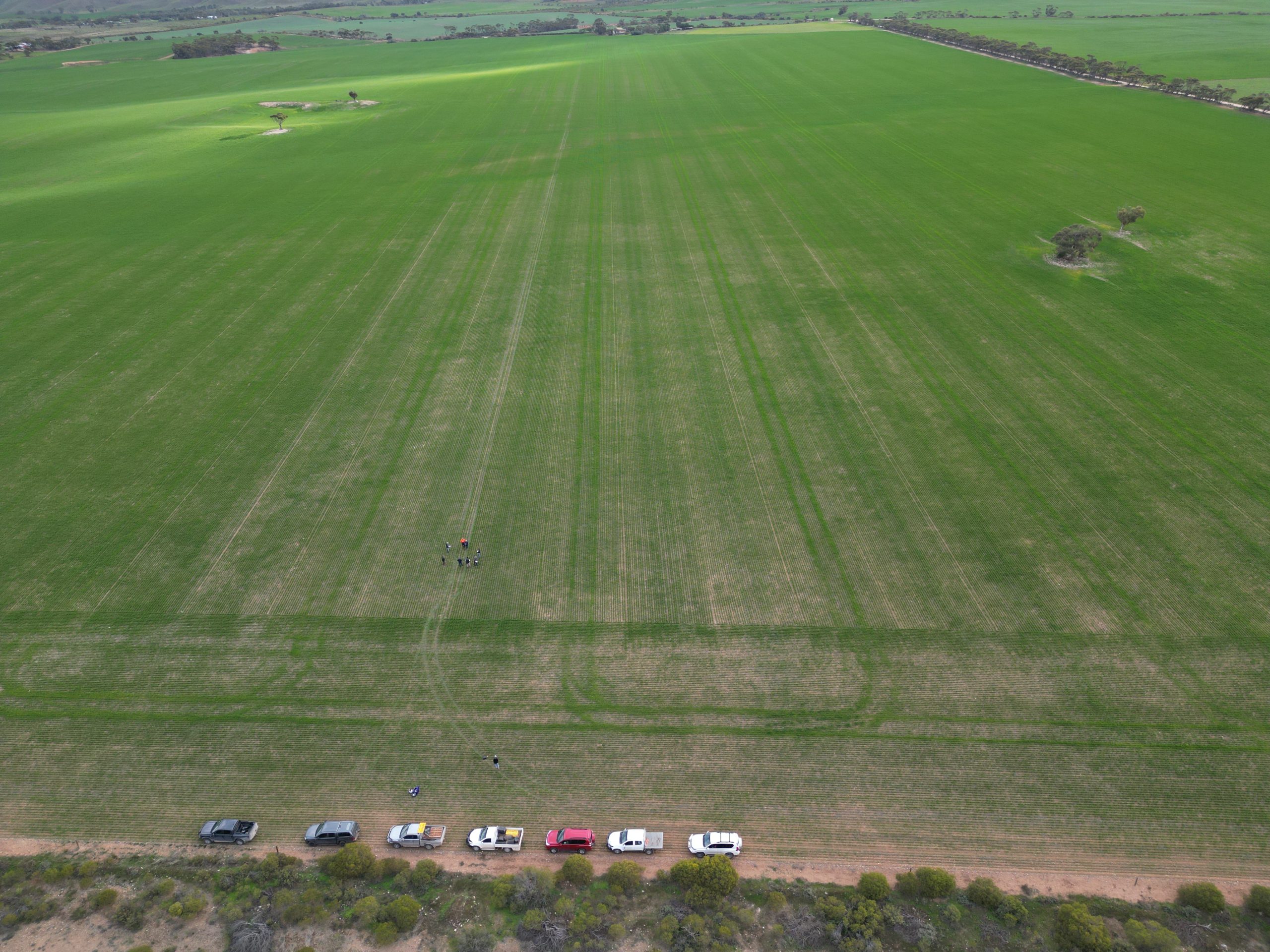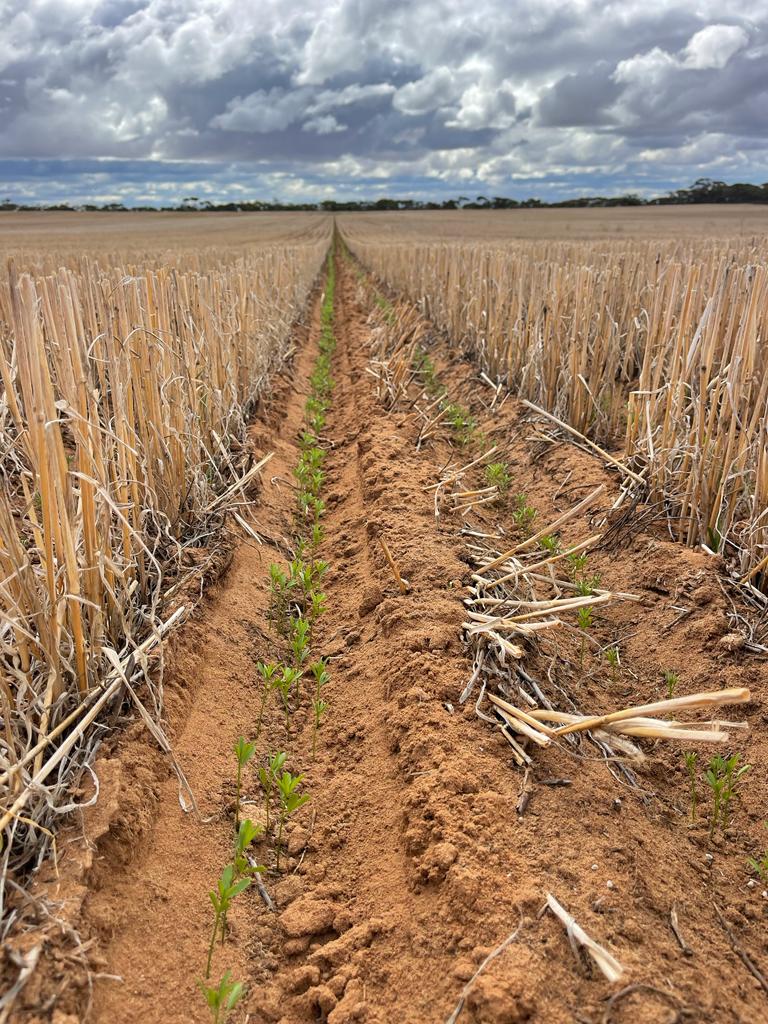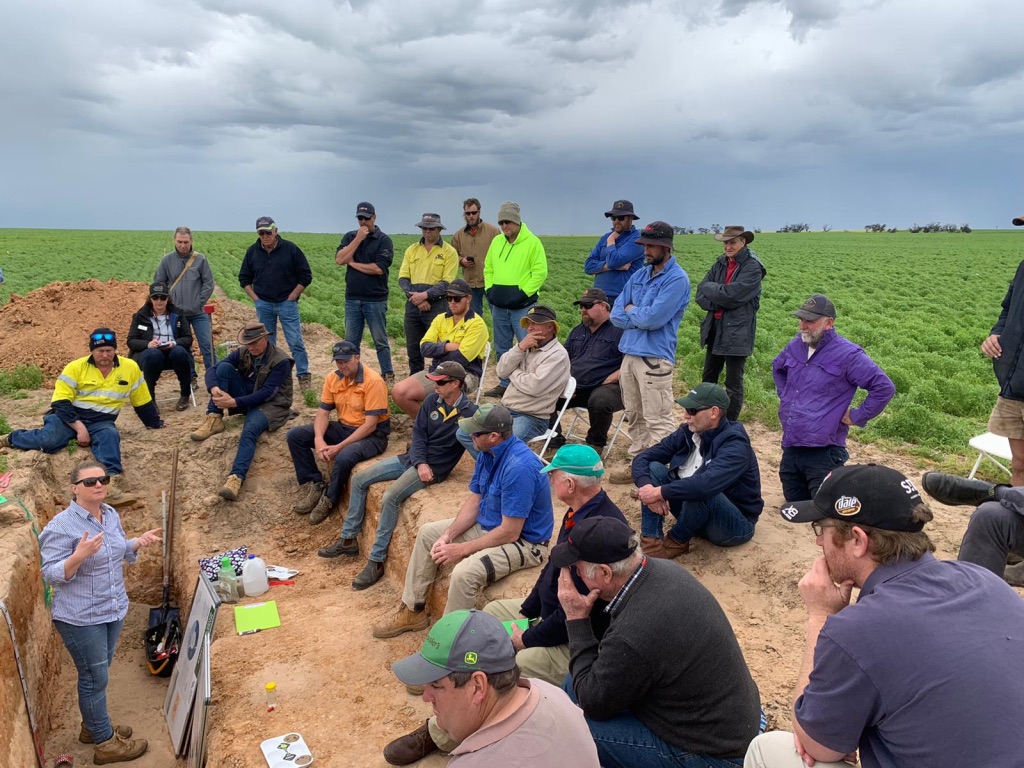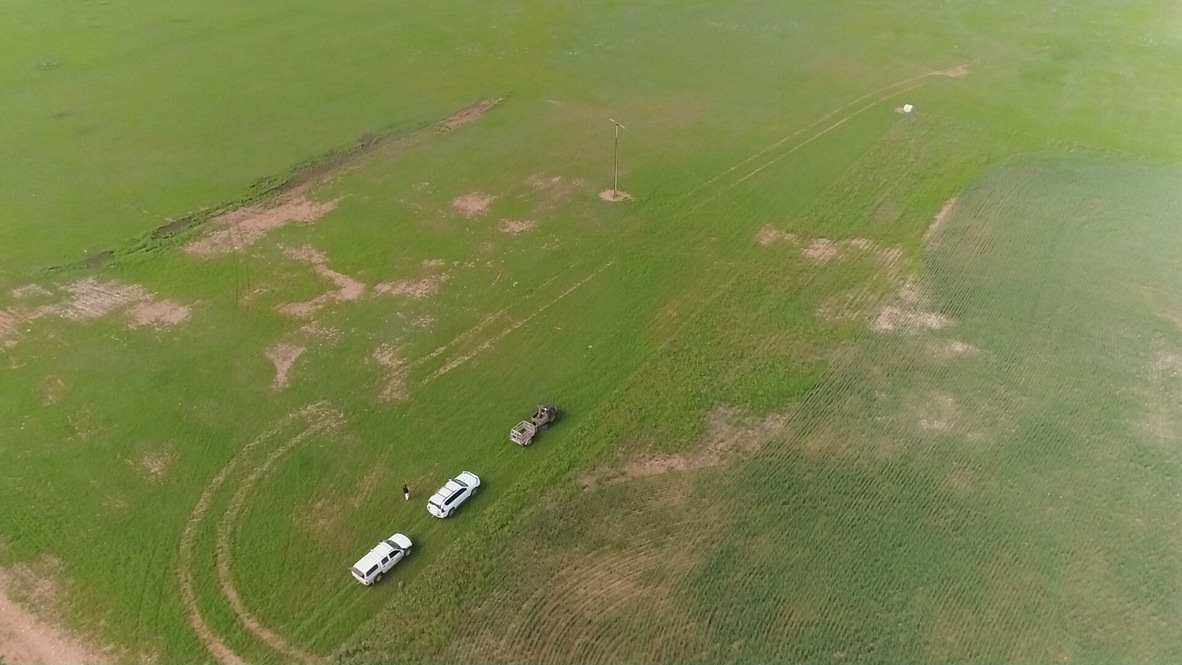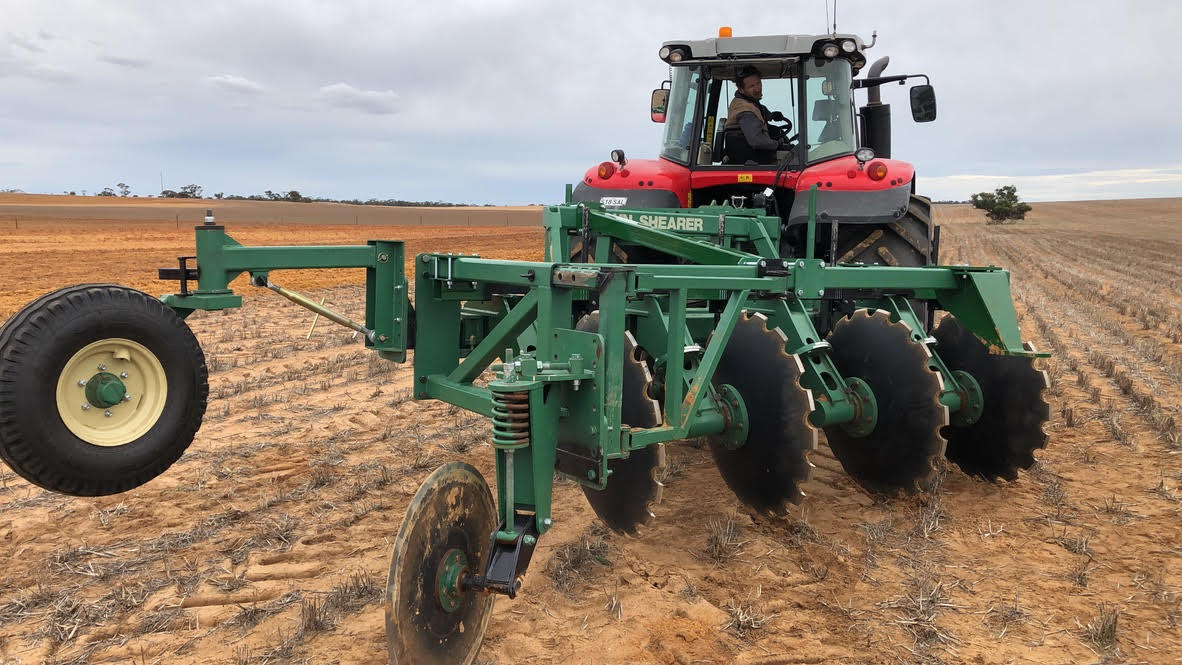Optimising Weed Management Efficiency
This project will explore the potential of using residual based products during the in-crop/growing season period as a summer weed management strategy.
Key objectives
About the project
This project seeks to understand the impact that residual based herbicides have on summer fallow weed management strategies in and around the Wentworth region.
At the GRDC Wentworth NGN forum, growers identified the cost of summer fallow weed control as a significant and escalating input cost. More specifically, glyphosate has gone from $2.5 to $8.0/L over a 4-year period. Similarly, but over a slightly longer period of 5 to 6 years, growers have transitioned from single spray applications to using a double knock strategy 5 to 7 days apart. Each application pass is costing $12 to $16/ha (machinery and labour cost) and both the number of passes required and the cost of herbicide products have increased significantly.
This is a major issue that is impacting profitability for low input farming systems. This project will explore the potential of using residual based products during the in-crop/growing season period as a summer weed management strategy.
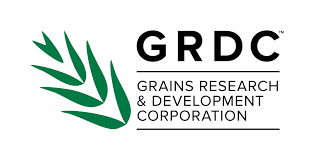
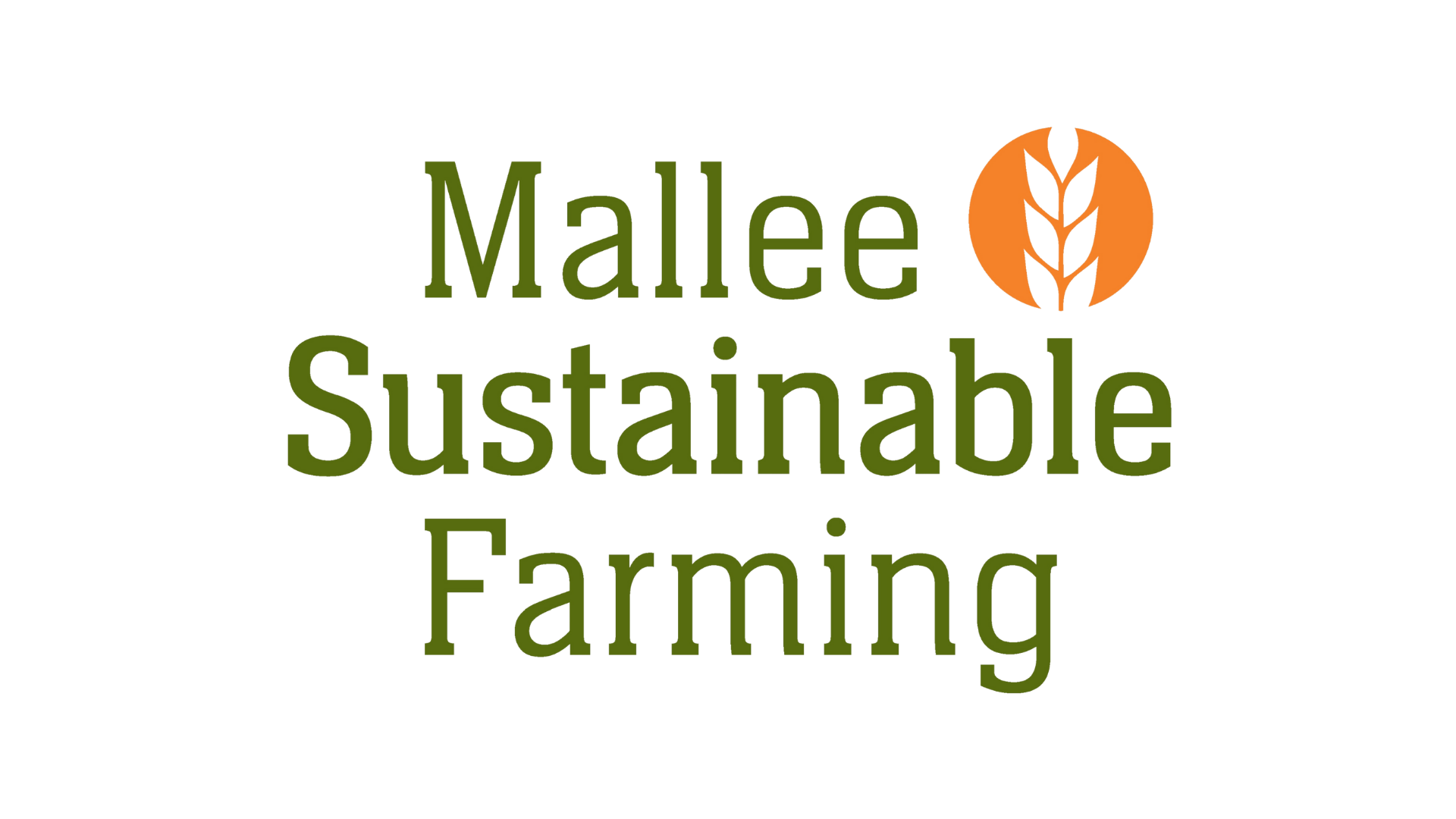
The Aim of optimising Weed Management Efficiency
Projects
Acknowledgments


Working together with farmers
